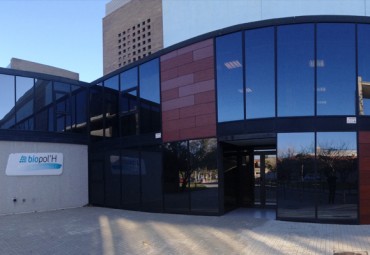Title:
Vocabulary acquisition over a 1-week training program, an electrophysiological study.
Abstract:
Vocabulary acquisition occurs frequently in our live, not only when learning a new language but also when entering in a new field in a new job or a hobby. In classical language processing studies, N400 component, located in centro-parietal regions, has been used as an indicative of semantic memory. However, posterior studies revealed N400 in fronto-central regions can be an indicative of new word learning. Here we examine the electrophysiological mechanisms underlying associative word learning over a 1-week training program. Participants were required to learn as many pseudo-words and unfamiliar objects associations as they could, during a 5 days training program. Participants were evaluated at the end of each session and 4 months later, in a follow-up evaluation. We have found both behavioral and ERP evidences of learning with correctly learned associations eliciting changes in ERP components over time. The LPC component after picture increases throughout blocks and this enhancement correlates with a decrease in N400 amplitude after pseudo-word, which may reflect a priming effect of semantic facilitation. The increment of N400 amplitude after picture in Day 5 seems to reinforce this idea of an anticipation when knowledge is already acquired.
 |

